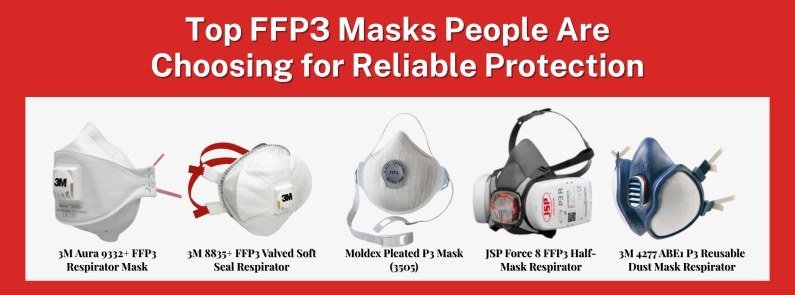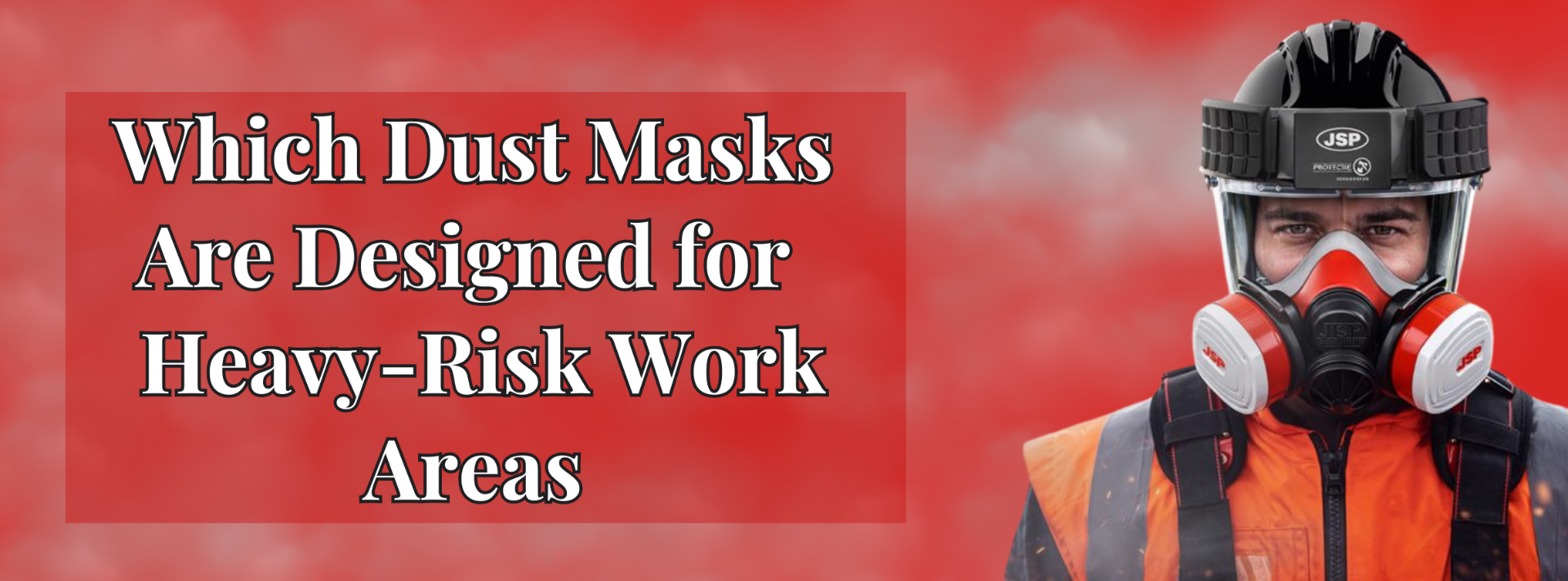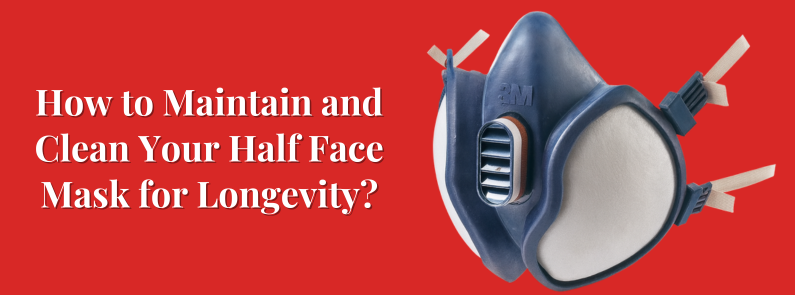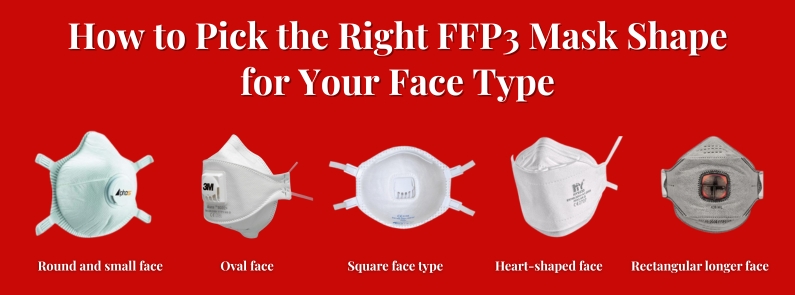
Selecting protective masks helps in safeguarding the health of workers. In any workplace with airborne hazards, wearing the wrong mask can be harmful to workers’ health. The selection of masks from FFP1, FFP2, and FFP3 is directly dependent on need of the work environment.






